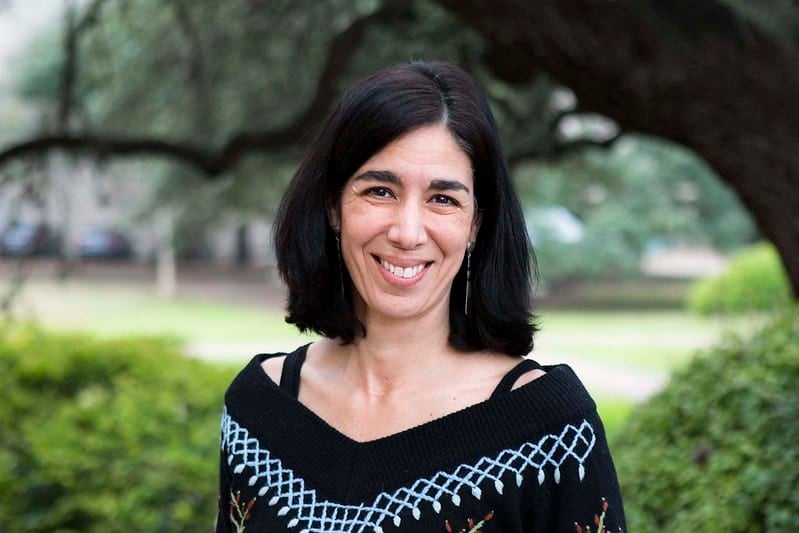Back to school is a time when we can imagine what school could be, before the reality of homework assignments that overwhelm, friendship cliques that exclude, and crushes that go unrequited. As a mother of three boys and a professor of social work, I’d like to imagine back to school as an opportunity for our children to learn and practice humanity as a fundamental value of our society, especially after recent news of two mass shootings that claimed 31 lives.
Since 2017, we have witnessed 30 mass shootings, too often perpetrated by white men motivated by hatred. To confront the “monstrous evil” that underlies mass shootings, then, we must reclaim our humanity.
Humanity is defined as “the quality or state of being compassionate and sympathetic.” Compassion, or the capacity to feel and consequent wish to relieve the suffering of others, is an intrinsic trait that is nonetheless shaped by socialization and practice. When children see acts of compassion enacted by others, they too are more likely to engage in acts of compassion. Schools have long encouraged kindness, respect and empathy, especially with younger students, and the emphasis on strong interpersonal skills like sharing and caring has been boosted with new research-driven policies that push social-emotional learning outcomes in students. Children who get along with others, it turns out, are also more successful in school.
But we have largely ignored the need to nurture compassion towards the “other.” In our society we are surrounded by, yet isolated from, those who are different than us. Children, like adults, are curious, mistrustful, and even fearful of people who come from a different racial or ethnic background, who were born in a different country, who dress, speak and worship in ways that are unfamiliar. Through centuries of segregation, we have denied our children the opportunity to learn compassion for others who do not share their external characteristics. According to psychologists, we need meaningful interpersonal relationships to experience firsthand the humanity of the other, to dispel our stereotypes, diminish our fears, and ultimately to come to appreciate those outside of our defined social groups as much as we appreciate those within them.
Parents do and must play a key role in nurturing compassion in children. It is incumbent on each of us to speak and act with compassion and to have our children practice the same. But we can have greater impact if educators join the effort. Schools can implement policies, programming and curricula that prioritize humanity and specifically compassion, such as having students and faculty sign a compassion pledge, creating student groups that practice acts of compassion, and offering courses to teach compassion. Policies can promote inclusion in the student body itself as well as in school-wide practices like the way children are grouped, the messaging and materials used in hallways and classrooms, and the equity and justice with which students are disciplined. For teachers, the field of positive psychology is rife with examples of activities that build compassion in students, lessons that may very well prove more valuable than additional math worksheets.
Compassion is already nurtured in many schools across Texas. Most administrators and teachers strive to help their students get along and be good citizens. When I enter my youngest son’s elementary school, I see messages of belonging and inclusion. When I talk to my high school son’s English teacher, she describes a pedagogy of humane education. But I don’t always see those visuals, or hear those values espoused, and too often I see the opposite.
What if we re-imagined our educational priorities starting with the most fundamental value of all, seeing the humanity in every other person in our school, our city, our country, our world? We will have to be more intentional, systematic and strategic, which will take resources and determination. We will have to go beyond our in-groups, which will take creativity and courage.
In my imagination, that may very well be the answer to stopping the epidemic of hate-driven mass shootings that are terrorizing our communities.
Esther J. Calzada is associate professor and the Norma and Clay Leben Fellow in Child and Family Behavioral Health in the Steve Hicks School of Social Work at The University of Texas at Austin. This opinion piece was produced for Texas Perspectives, and represents the views of the author, not of The University of Texas at Austin or the Steve Hicks School of Social Work. A version of it was published in the Houston Chronicle.


